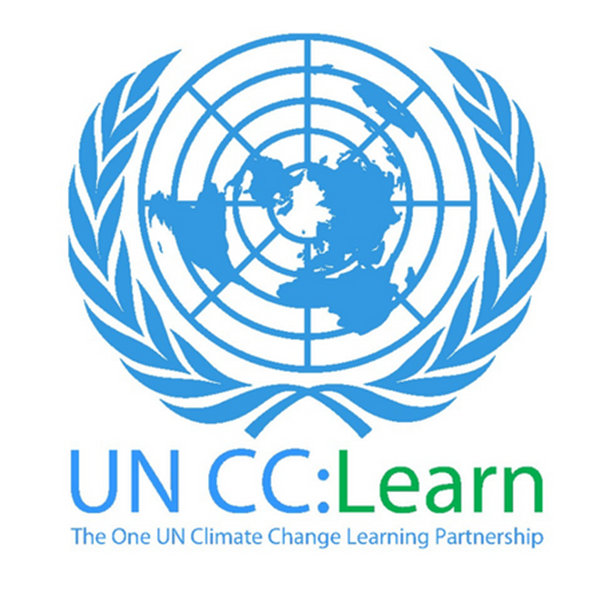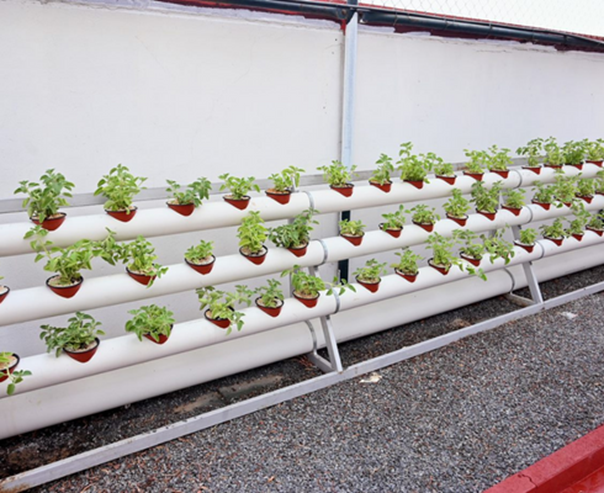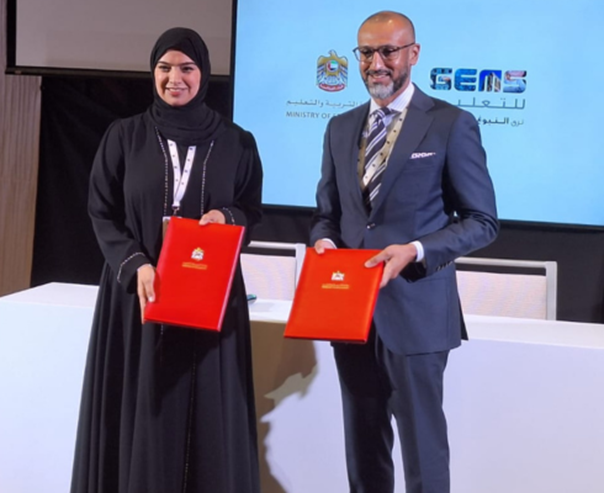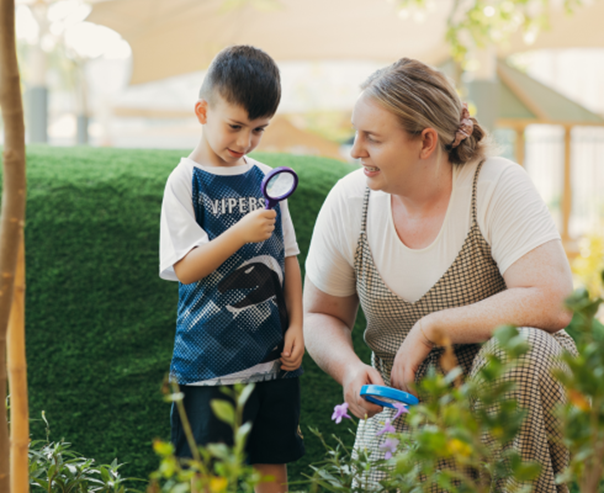
Climate Literacy Lessons
Education for Sustainable Development means including key sustainability issues in teaching and learning; for example, climate change, disaster risk reduction, biodiversity, poverty reduction, and sustainable consumption.
Climate literacy is not only well-embedded in our curricula, but also an integral part of each. Using Sustainable Development Goals as the focal point, big questions and lessons are intertwined around this need-of-the-hour topic. GEMS Education prides itself on having a United Nations-Accredited Climate Change teacher in every classroom, thus making it the world’s first certified climate change teaching-learning educational group.
In a concerted, collaborative effort to share climate literacy resources and best practices, a collection of curated and reviewed lesson plans developed by teachers and other partnering schools are available as open-source material.
Lesson Plans
Kindergarten
-
Enquiry Skills
Middle School
-
Grade 6 - Science
-
Grade 7 - English
-
Grade 7 - Mathematics
-
Grade 8 Chemistry
Primary School
-
Grade 5 - Environmental Science
-
Grade 5 - Social Studies
-
Grade 5 - Mathematics
Secondary School
-
Grade 9 - Environmental Science
More To Explore
-
Every year we organise a host of meaningful sustainability-related initiatives across our network of schools. The GEMS Global Ambassadors’ Society (GGA) is a society of teachers and students responsible for spreading awareness and implementing these initiatives to assist GEMS and other schools in meeting the UN’s Sustainable Development Goals (UNSDGs).
Read More -
We attend and organise a number of sustainability events each year. These include local and international conferences and events; all helping to spread awareness and assist in combatting climate change.
Read More -
Close to two thirds of young people feel that not enough is being done to combat climate change, one in two lack confidence that the world will be able to stop climate change, and less than half feel a sense of optimism about the future.
Read More







